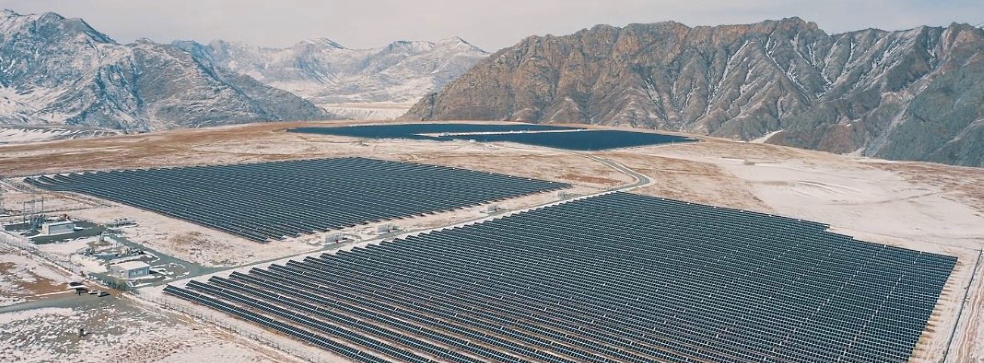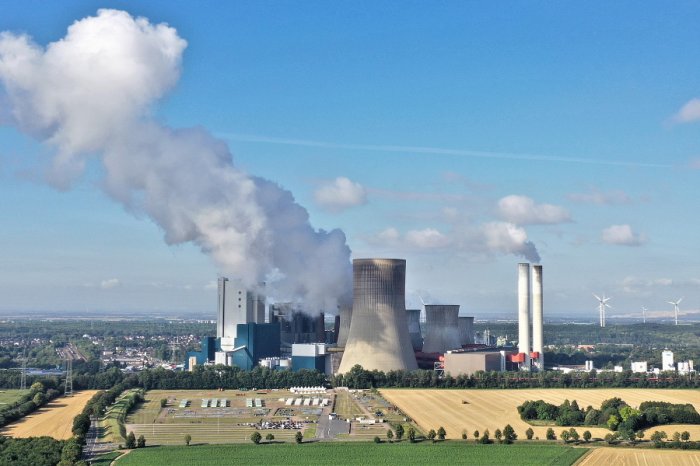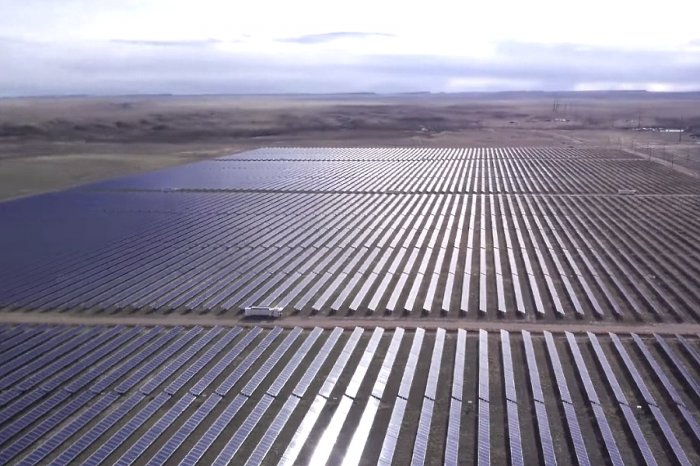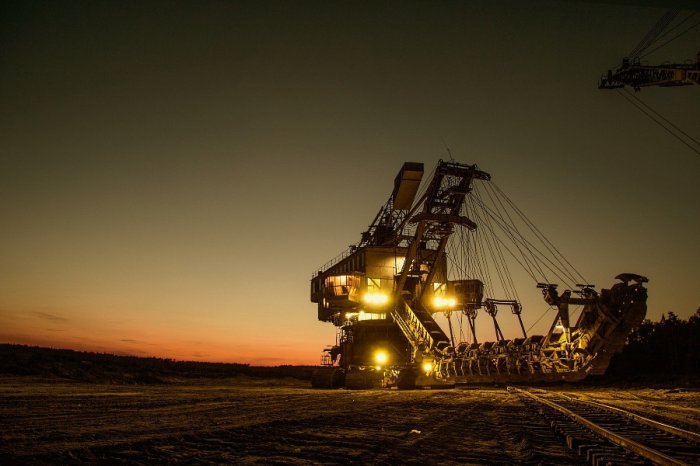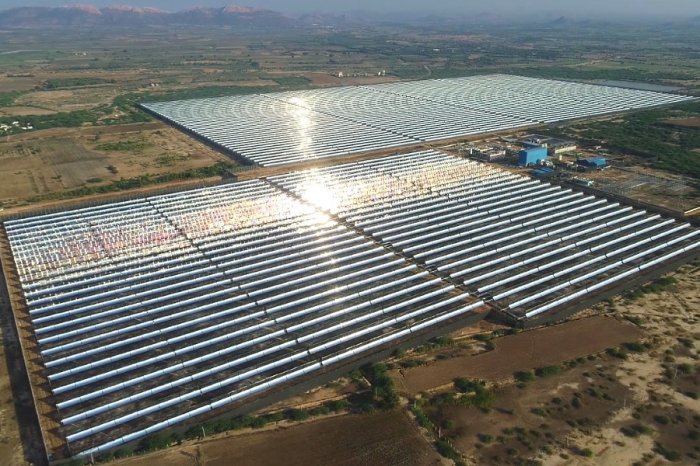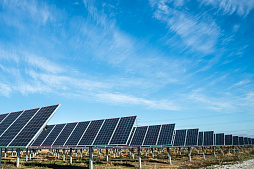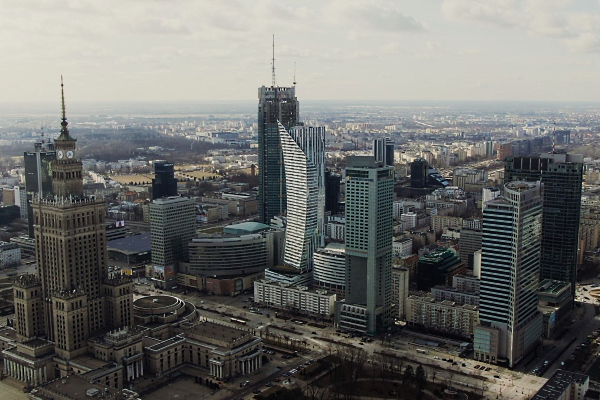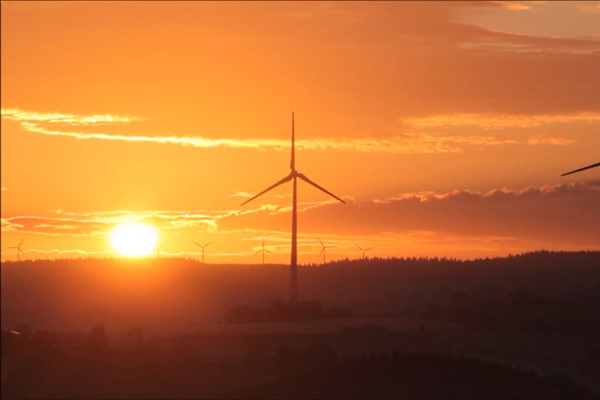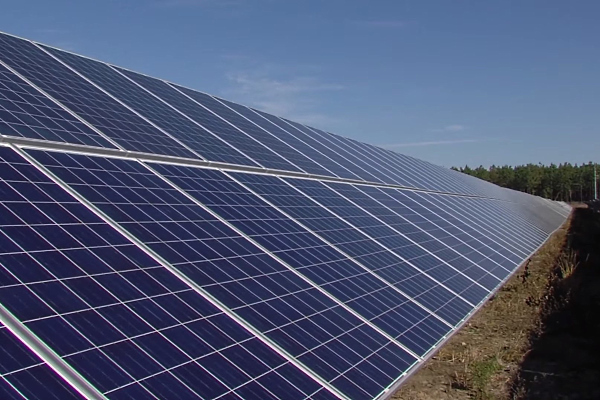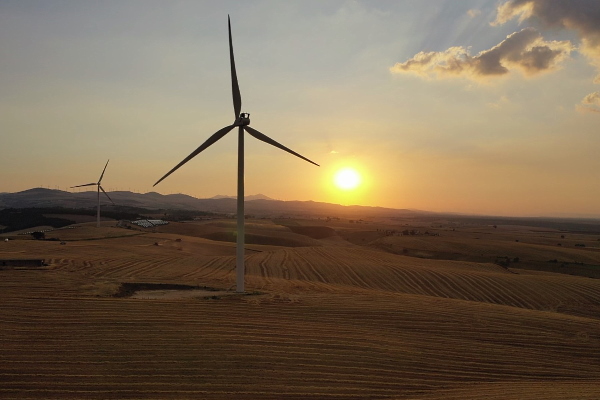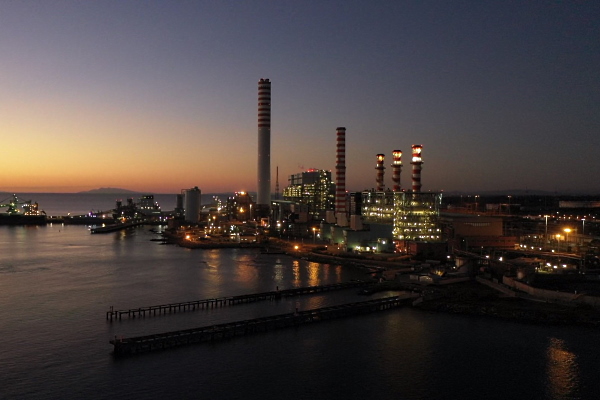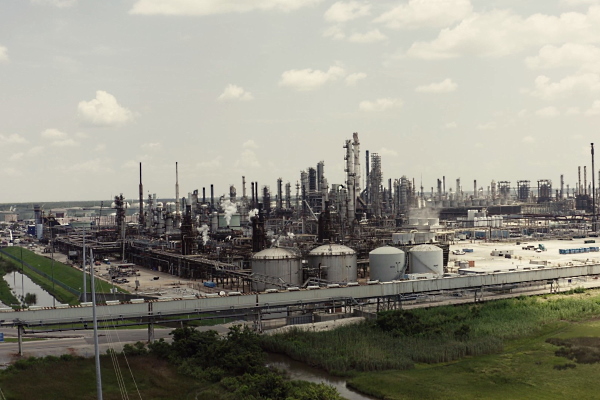To consider an application for financing, fill out the form and send it to us by e-mail along with the project brief, or contact our experts
The same thing happens with coal mines.
Well-known companies such as Anglo American and Rio Tinto are dumping unpromising properties and suspending investment projects that run counter to the green economy transition.
Oil and coal giants use the proceeds from the sale of assets to cover accumulated debt and develop projects to reduce carbon dioxide emissions.
This opens up unexpected investment opportunities for outsiders.
Small players in the oil, gas and coal sectors are actively buying unwanted projects. They are betting that the energy transformation will take years, and the world will rely on oil and coal for a long time to come, especially in developing countries.
These companies are wary of the new policies of developed countries, which are moving very quickly towards a carbon-free economy.
At the same time, they are betting on future price increases driven by market fears that the collapse of the industry giants will lead to supply shortages.
The initiative is also supported by the recent OPEC forecast that developing countries such as China and India will increase oil consumption by 43% by 2045 compared to 2019.
Harbor Energy has become one of the active buyers of oil assets in recent months, according to the magazine.
The company bought projects from Shell and ConocoPhillips in the UK, and then acquired British Premier Oil and expanded its portfolio with projects in Asia and South America. CEO Blair Thomas confirms the inevitability of a green transition for the global economy, but notes that the global economic transformation will take significantly longer than expected.
Events and trends in the sector show that investors are right at this stage.
The global economy is beginning to slowly recover from the Covid-19 pandemic, and very limited reserves of fossil fuels are driving the price up.
This spring, Brent crude oil prices are 70% higher than in October 2020.
One of the areas of great investment interest is the North Sea. In recent months, small players have been buying properties here that are being sold to large companies. The deals are being made despite the fact that it is the region with the highest oil prices in the world. High prices did not stop Britain's NEO Energy from acquiring more than $ 1 billion of Exxon Mobil's assets in the region.
The deal comes just months after Total's purchase of a number of projects in the North Sea region.
As a reminder, NEO belongs to the Norwegian investment group HitecVision. The company has already stated that it intends to increase the return on this investment in the coming years by increasing the productivity of facilities and reducing costs.
Interest in fossil fuels in developing countries is evidenced by BP's recent major deal to sell a stake in Oman's gas field for $ 2.6 billion to Thai company PTT.
Many Asian countries say they are ready to move towards zero carbon emissions, but demand for fossil fuels remains strong in the region.
The same is true in Africa.
Many companies and governments across the continent are unable to rely on new policies and environmental assets while continuing to use fossil fuels as a source of energy for their businesses.
Oil companies lost 20% of market capitalization since 2012
The Carbon Tracker report shows that investors are phasing out fossil fuels from their investment portfolios.Since 2012, oil companies around the world have lost 20% of their market capitalization.
The data shows that this decline is due to the growth of green companies.
Between 2012 and 2020, investors spent about $ 640 billion on stocks in oil, gas, coal and fossil fuel companies. These players lost $ 123 billion, or 20% of their investments, despite the optimistic market sentiment.
On the other hand, investments in renewable energy sources (RES) and carbon-free technologies have been much more successful. Over the same period, investors spent $ 56 billion on shares in companies in this sector. The value of this investment portfolio today is over $ 77 billion.
Climate risk cannot be ignored and green businesses are changing their minds.
According to Henrik Jeppesen, Carbon Tracker's Head of Investor Outreach, investors have realized that old fossil fuel companies will no longer enjoy rapid growth.

However, even with good financial market performance, green companies are far from the investment required to prevent a 1.5 ° C rise in global temperatures by the end of the 21st century.
Analysts estimate that this will require businesses to invest $ 3 to $ 5 trillion a year in the sector.
Green economy: transition portends problems in oil countries
As positive as the green transition may seem in an environmental context, some hydrocarbon exporting countries risk a number of major challenges in the coming decades if they do not diversify their economies.The transition to a green economy could be a political nightmare for oil-producing countries, according to a report by British consulting firm Verisk Maplecroft.
According to expert analysis, Algeria, Nigeria and Iraq are now among the most prone to political instability.
Crisis can also be expected in Angola, Gabon and Kazakhstan if they do not prepare the economy for a global phase-out of fossil fuels.
Oil countries that do not adapt to the new environment will face declining oil revenues and attempts to revive non-fossil fuel sectors of the economy.
After the sharp collapse in oil prices, most exporting countries have been unable to diversify their economies.
Whether the oil countries are OPEC members or not, production has doubled in recent years in an effort to fill the budget deficit.
Many countries, including Saudi Arabia, have continued to reduce their foreign exchange reserves since 2014.
Most countries that rely heavily on oil production do not have the potential for transformation. They lack the necessary legal and economic institutions, infrastructure and human capital. But even if these institutions exist, an unfavorable political environment and corruption impede reform.
There are, however, several success stories such as Norway.
The United Arab Emirates (UAE) is also successfully trying to replace oil. But on the whole, diversification of oil exports turns out to be a difficult task not only from an economic, but also from a political point of view for most exporters.
Even countries that manage to diversify their economies can face political uncertainty and market turmoil as existing social contracts are undermined and businesses are greatly transformed.
Experts believe that against the background of the growth of large investment projects in the field of renewable energy sources, the survival of the oil states depends on the ability to diversify the economy and political stability.
Some can solve these problems, others cannot.



